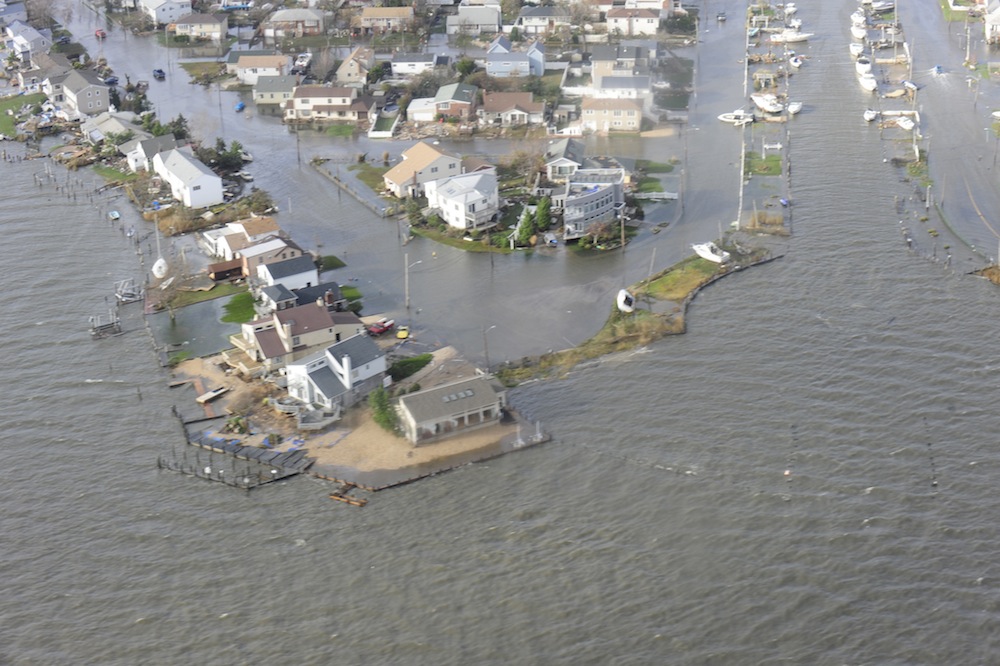Codes and standards concerning emergency backup power and other key resiliency matters should reflect lessons learned from Hurricane Sandy and other recent major storms, says Bhavesh Patel, vice president, global marketing for ASCO Power Technologies.
One standard, the NFPA 110: Standard for Emergency and Standby Power Systems, 2013 edition says, “EPSS (emergency power supply system) equipment should be located above known previous flooding elevations where possible.” And later states, “For natural conditions, EPSS design should consider the ‘100-year storm’ flooding level predicted by the Sea, Lake, and Overland Surges from Hurricanes (SLOSH) models for a Class A hurricane.”
“The qualifiers in the two paragraphs – ‘where possible’ and ‘should consider’ – can dilute the effect of the code if the project specifiers are not strict and careful in determining what ‘possible’ can entail,” Patel writes. “The words ‘where possible’ and ‘should consider’ are not as straightforward in conveying intent as a more emphatic ‘must,’ and leaves the door open for less sense of the need to comply.”
Patel notes that a post-Hurricane Sandy task force has recommended that New York City codes be updated to locate building equipment higher to avoid flood damage, require sewage valves to prevent backflows during flooding, and provide for easy access to backup generator hookups.
Related Stories
| Feb 9, 2012
Rapid growth of zero energy buildings expected
Much of that growth will be in the European Union, where near-zero energy buildings are mandated by 2019 for public buildings, and by 2021 for all construction.
| Feb 9, 2012
Stiffer OSHA fines put strain on Kansas contractors
A fine for a violation that once cost between $750 and $1,200 now runs $7,000 or more per incident, according to a state industry association official.
| Feb 9, 2012
Webinar focuses on lessons learned from LEED-certified industrial project
A Construction Specifications Institute webinar will focus on the lessons learned through the design and construction of a LEED-certified industrial project, Better Living Mill Shop, the first industrial building in Central Virginia to earn LEED certification.
| Feb 8, 2012
California likely to eliminate redevelopment agencies
Leaders of California cities had been trying to fashion a compromise with lawmakers after the state Supreme Court ruled the state had the authority to eliminate the agencies and use their property tax money for local services.
| Feb 8, 2012
Project aimed at economical seismic retrofits on historic Memphis structures
The group will develop a low-cost seismic retrofit model that would benefit aging brick-and-mortar structures. It involves bolting steel brackets to existing wooden floor and ceiling joists.
| Feb 8, 2012
Houston signs on to Better Buildings Challenge
The challenge has about $4 billion in federal and private-sector funds, which it will use for building energy upgrades nationwide in the next two years.
| Feb 8, 2012
OSHA offers free health and safety consulting for small businesses
The consultants offer confidential, non-punitive advice.
| Feb 8, 2012
Controversy over pay for prisoners on roofing job in Michigan
The disagreement was over whether the prisoners should have been paid prevailing wage for their brief time on the job because the project was paid for with a U.S. Department of Energy grant.















